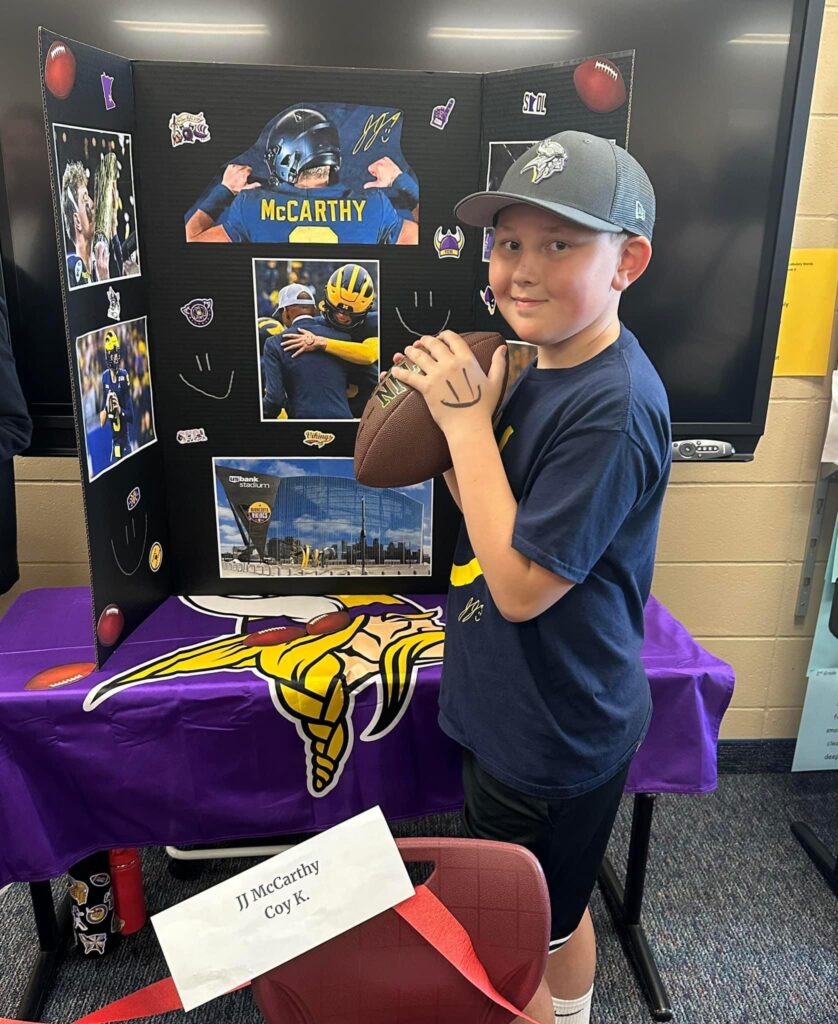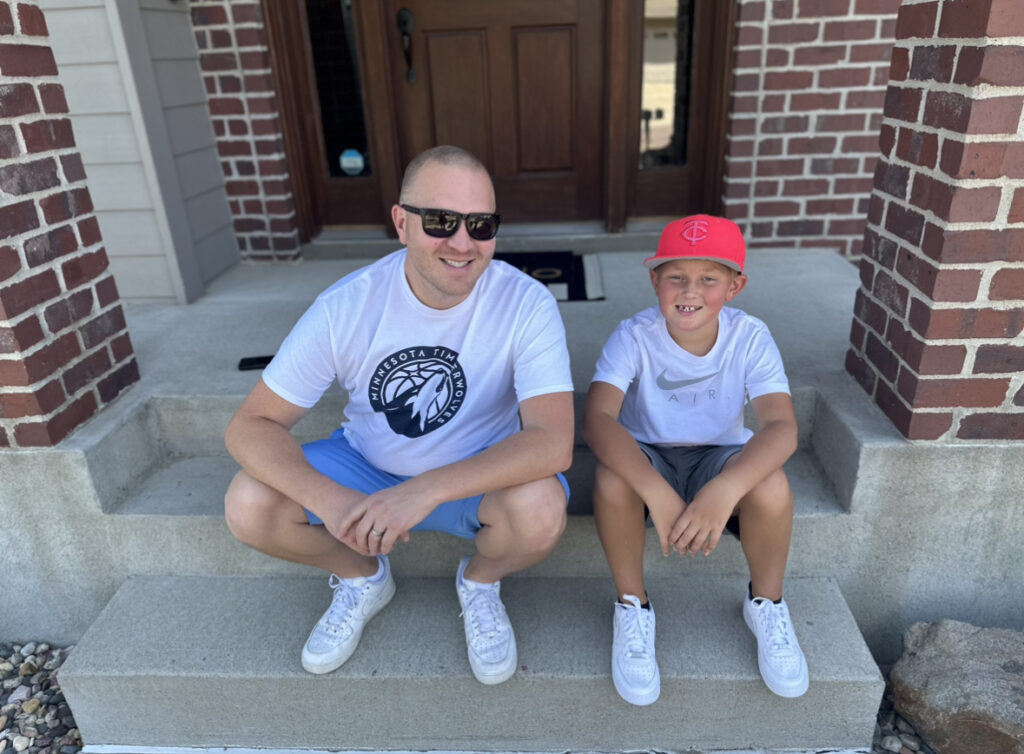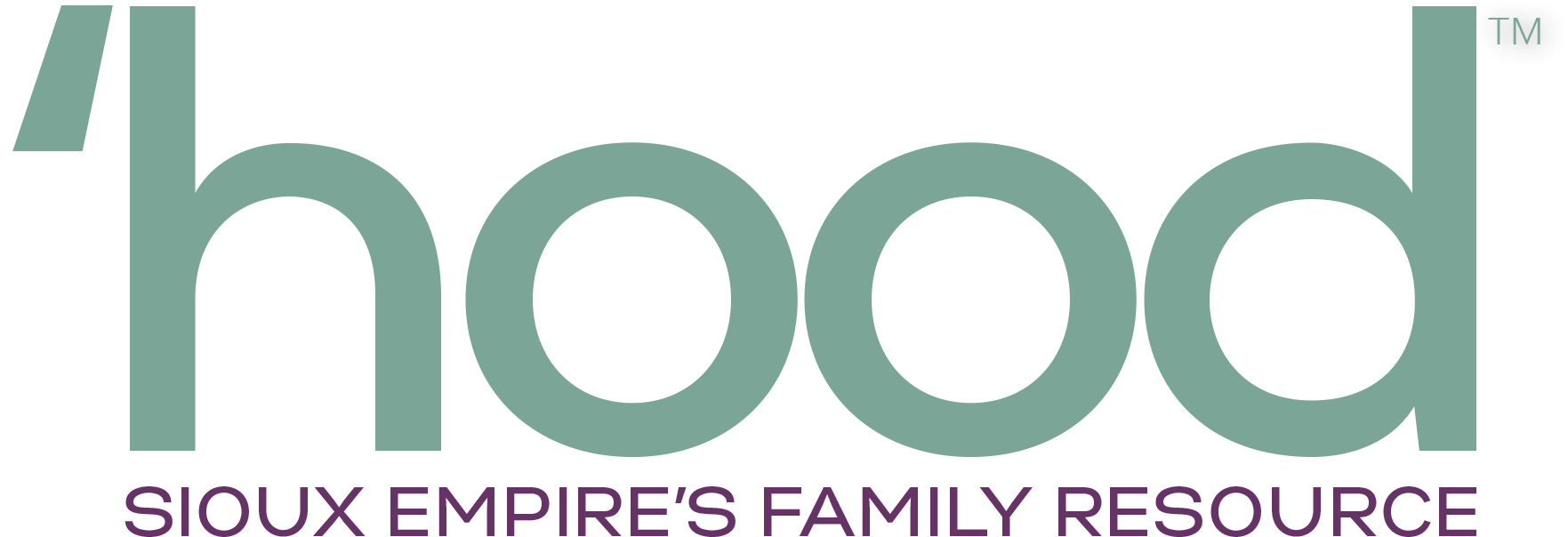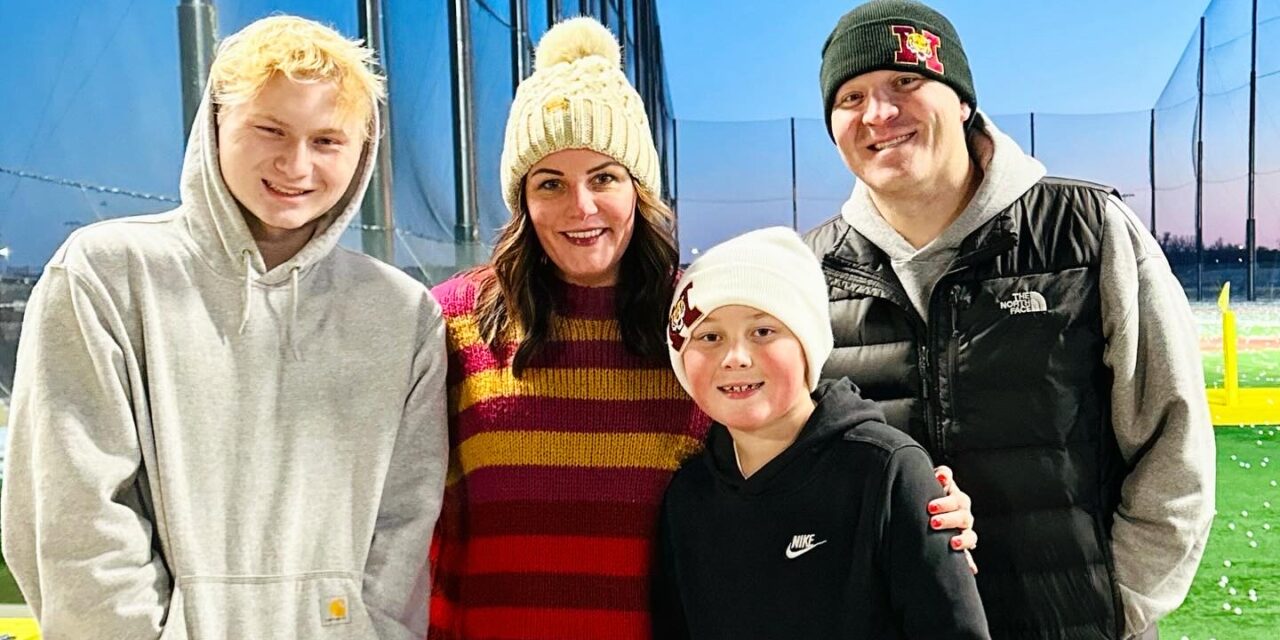Kylie’s journey with her son Coy’s dyslexia has been both challenging and rewarding. When she first suspected that Coy might be dyslexic, thanks to an insightful teacher who had identified her nephew’s diagnosis, she found the situation overwhelming. As both a mother and an educator, Kylie felt an immediate pressure to know how to help her son. Like most parents, she was determined to do everything possible to support her child. Even with her background in education, she initially had many questions and concerns.
However, with time, support, extensive reading, and furthering her education by obtaining an Orton-Gillingham Certification through the Dyslexic Training Institute, Kylie and her family have seen Coy grow in ways they never imagined. He has learned to advocate for himself and now proudly identifies as dyslexic.

Advocate for your Child: A Teacher and Parent’s Perspective
From both a teacher’s and a parent’s perspective, Kylie knows that advocating positively for your child about anything involves working closely with their teachers. Reflecting on her college education, Kylie noticed a significant lack of instruction on dyslexia. This realization motivated her to advocate not only for Coy but also for his teachers, many of whom had not been trained to understand or support the unique needs of dyslexic students. Fortunately, Coy has benefited from teachers who are willing and eager to learn and support him.
Kylie realized the importance of furthering her education to better advocate for Coy and become a more effective teacher herself. Her goal now is to help students and families understand why reading and spelling might be more challenging for some children. It’s crucial to recognize that dyslexia has nothing to do with intelligence; it’s about how the brain processes information.
Given that dyslexia affects approximately 1 in 5 students, Kylie is passionate about educating others.


Encouragement for Parents
Through her experience, Kylie has learned the importance of patience and understanding. Dyslexia affects every child differently, and there isn’t a one-size-fits-all approach. She emphasizes the need to recognize that a dyslexic brain has many strengths, and parents should embrace the skills and traits their child excels at. Educating oneself about dyslexia is essential. For those wanting to learn more, Kylie highly recommends The Dyslexic Advantage by Brock L. Eide and Fernette F. Eide as a valuable resource for parents.
Kylie’s encouragement to other parents is to find a supportive community with others in the dyslexia world and understand that experiencing highs and lows is normal and okay. With dedication and hard work, Kylie and her family have created a supportive, encouraging, and empowering environment for Coy to thrive.





